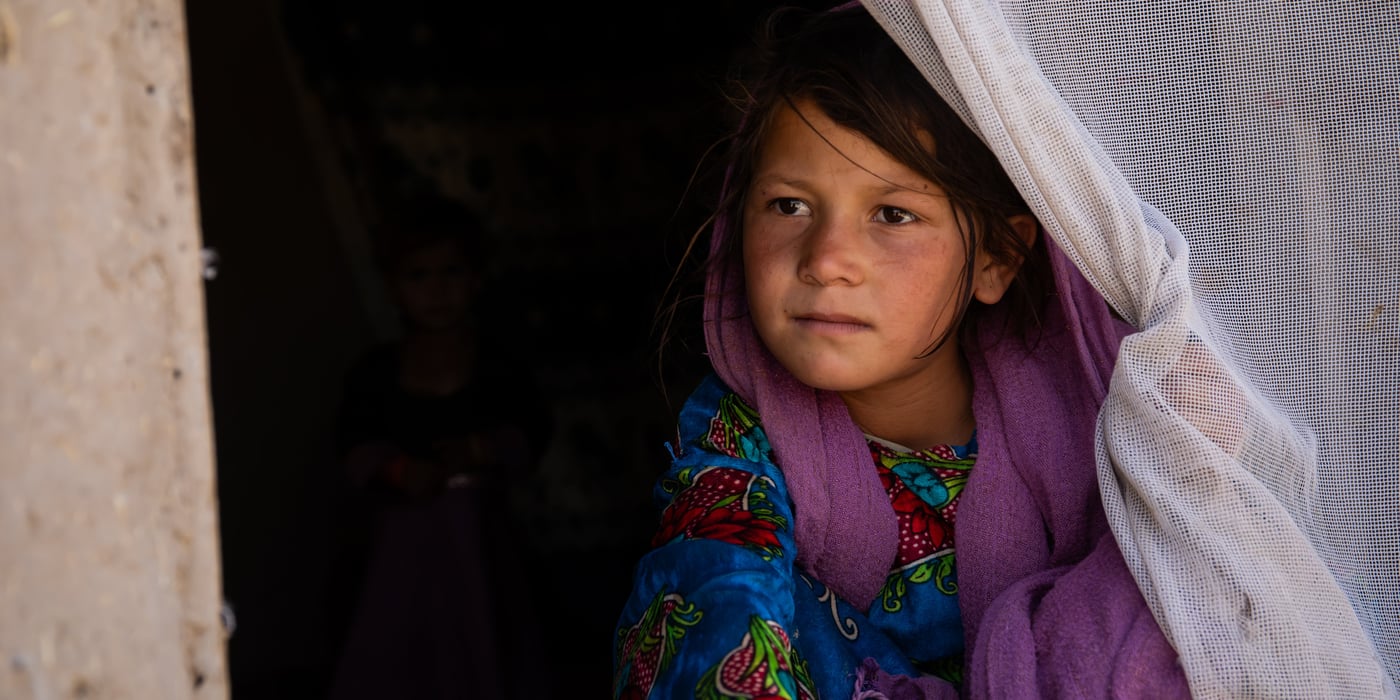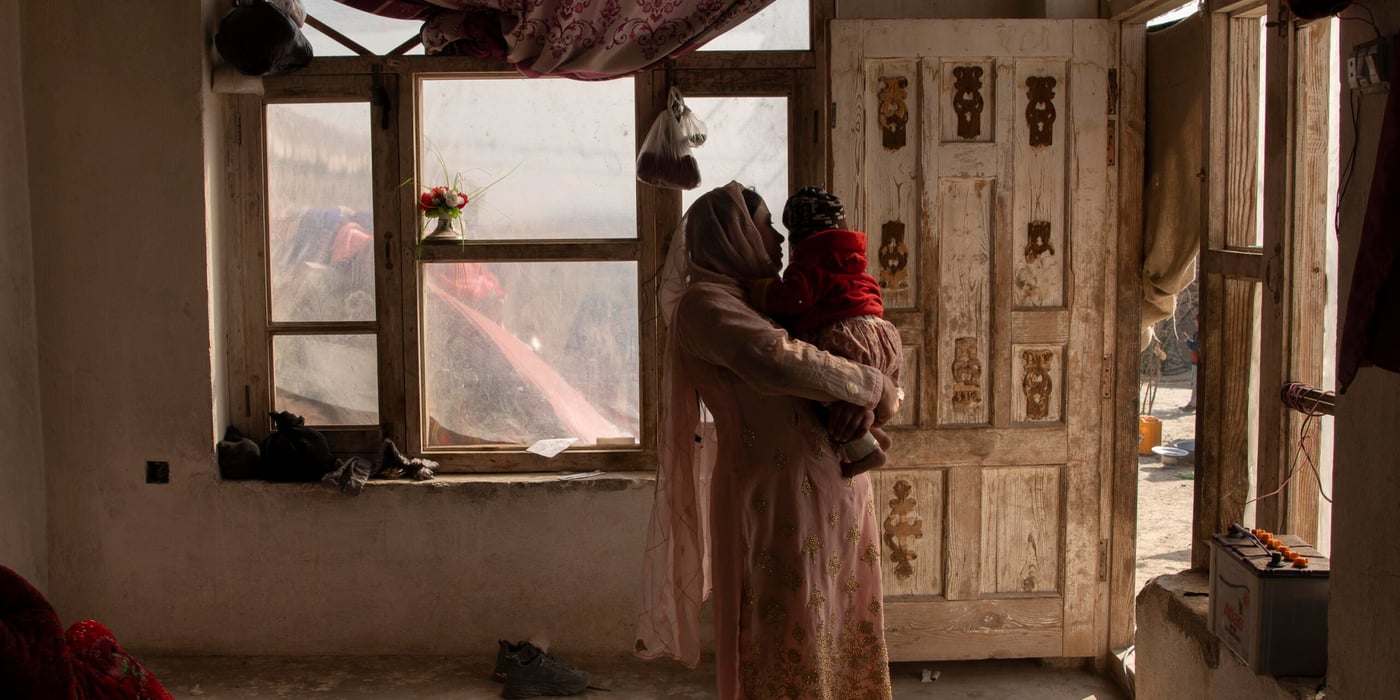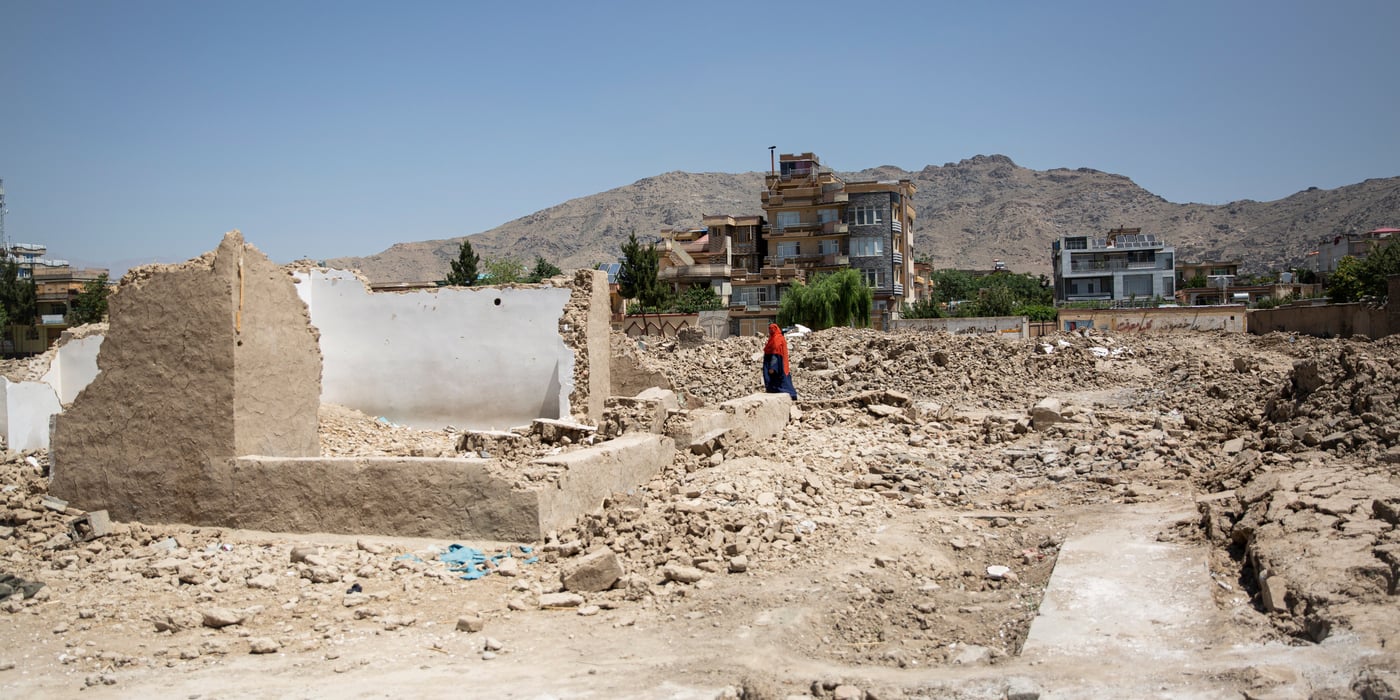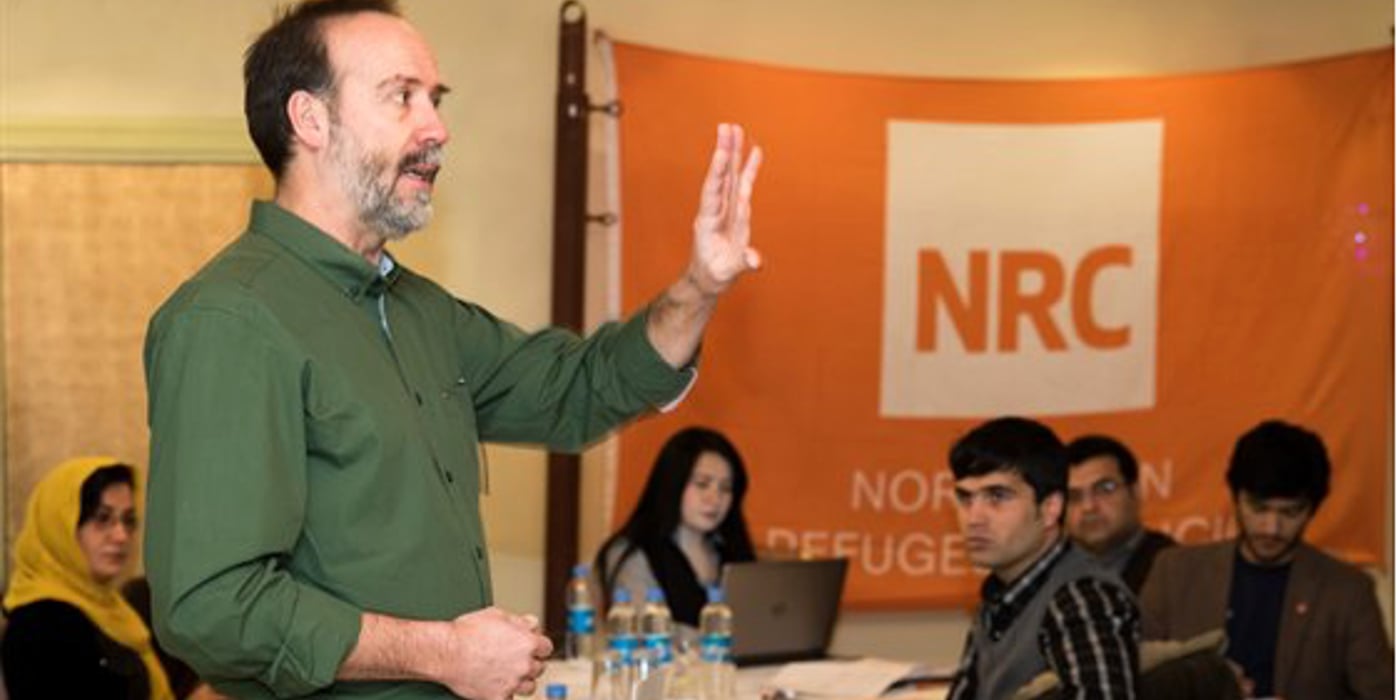
The courses in Kabul provided an overview of cash transfer programming, planning a successful program, implementation, and monitoring and evaluation. 50 course participants, including WFP, UNHCR, UNOCHA, and IOM, and NGOs including Concern Worldwide, DRC, Norwegian Church Aid, People in Need, Save the Children, and ACTED, were able to draw upon and share their own experience with cash based programming, which is still a relatively new form of humanitarian assistance.
Why cash-based programming?
While traditional in-kind assistance, where goods are distributed, remains the most common form of humanitarian response, international organisations and donors have started to recognise the advantages of cash transfer programs in which cash, vouchers, or opportunities to work in exchange for cash are given to people in need.
When markets are functioning and accessible, cash based assistance can be more timely, effective and appropriate than its in-kind equivalent. The procurement and logistics processes involved in in-kind assistance can often delay the response and warehousing of pre-positioned goods can be costly.
Purchasing goods through the local market has the added benefit of supporting the local economy.
“[Those receiving humanitarian assistance] are not the only ones benefiting from cash programs. We also see that the local economy is being supported including the people whose lives depend on their small business,” Najibullah Hafizi from WFP said during the first day of training. “This is very important especially when a disaster affects an entire community.”
In Afghanistan, with funding from ECHO, NMFA, SIDA, UNHCR, and ERF, NRC has effectively utilized cash-based interventions to respond to humanitarian needs. In 2014, through its emergency response program, NRC distributed NOK 4,785,000 (approximately USD 635,000) cash or cash vouchers to 26,450 individuals in Afghanistan. Moreover, since its launch, NRC’s 'Community Driven Approach' to its shelter activities – where cash and technical support is provided, rather than a 'turnkey' solution - has funded the creation or rehabilitation of 2914 homes in Afghanistan.
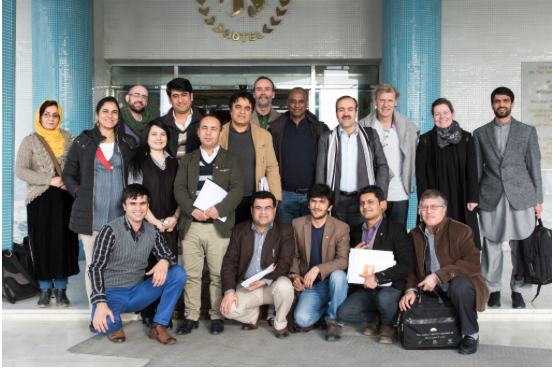
Participants at the Kabul training. Photo: Erick Gerstner/NRC
Encouraged by the level of engagement
“It is particularly encouraging to see the level of engagement among the humanitarian community in Afghanistan and their eagerness to learn about Cash Transfer Programming”, said Erick Gerstner, NRC’s Cash Coordinator and the training facilitator. “Most of the training participants are practitioners themselves with many years of experience - both with in-kind and cash based assistance - which allows for a highly relevant debate to take place around practical issues faced on the ground. This made the training that much more interesting for trainees and facilitators alike," he said.
NRC’s strong belief is that, implemented correctly under the right conditions, cash programs can empower beneficiaries by giving them choice and purchasing power to according to their own needs. For more information on NRC’s work with cash programming, click here.
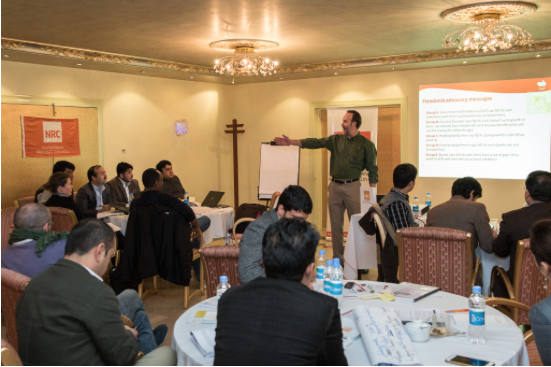
Humanitarian actors were encouraged at the Kabul training. Photo: Erick Gerstner/NRC


